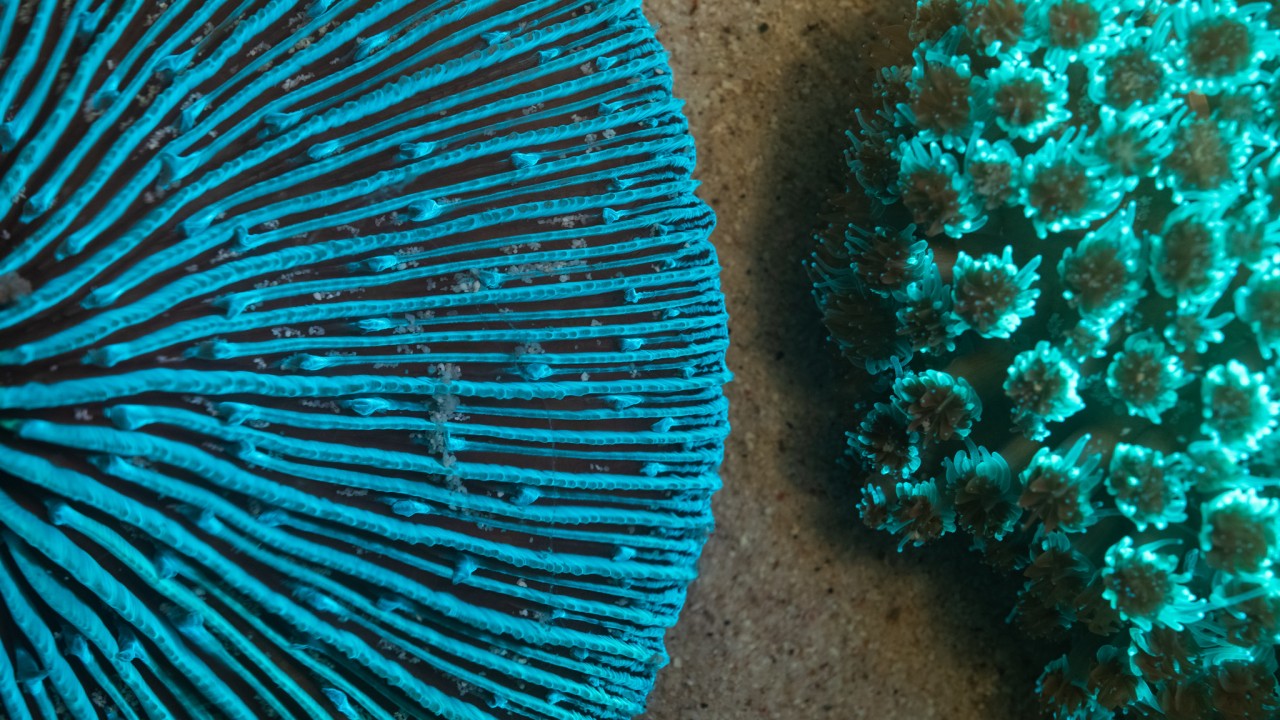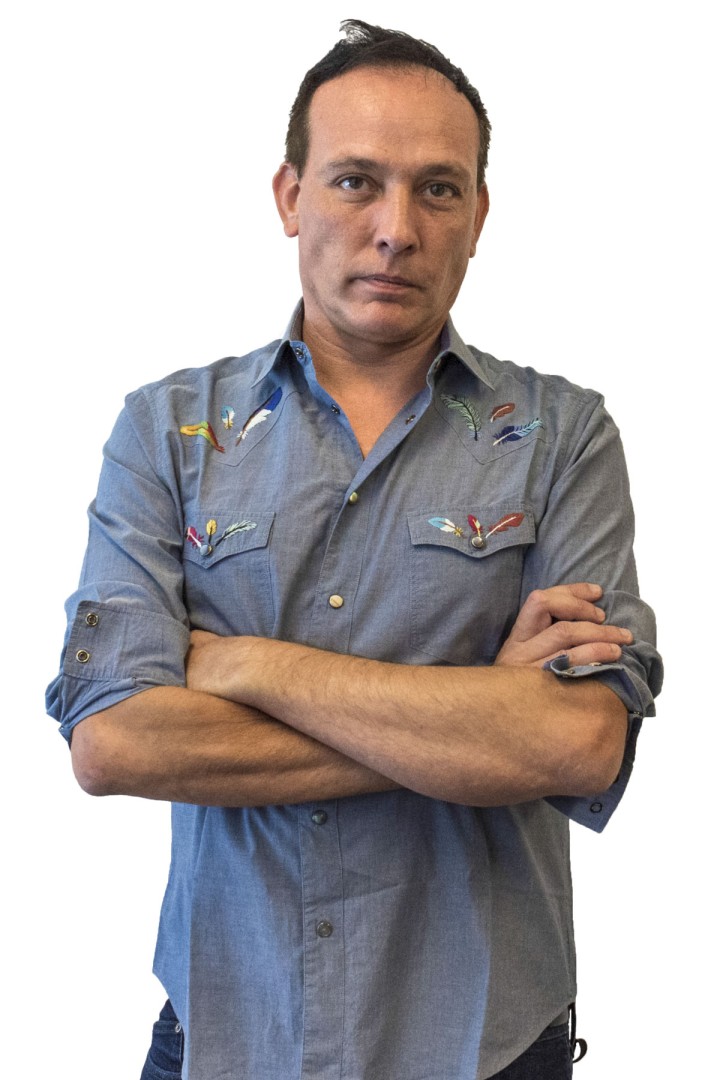R&D Leader
Timothy Ravasi (OIST, Professor)
Projects
Fish Biodiversity Monitoring in Coral Reefs through Environmental DNA and Environmental RNA
PI: Timothy Ravasi
Development of Coral eDNA Metabarcoding
PI: Noriyuki Satoh
Impact of typhoons on the ocean environment, marine life, and the blue economy around Okinawa
PI: Satoshi Mitarai
Terrestrial Biodiversity Monitoring
Developing Tools and Databases for Integrated Monitoring of Marine Plankton Diversity
PI: Filip HUSNIK
Soil to Plants to Herbivores: Exploring the Hidden Flow of Health
PI: Chikae TATSUMI







